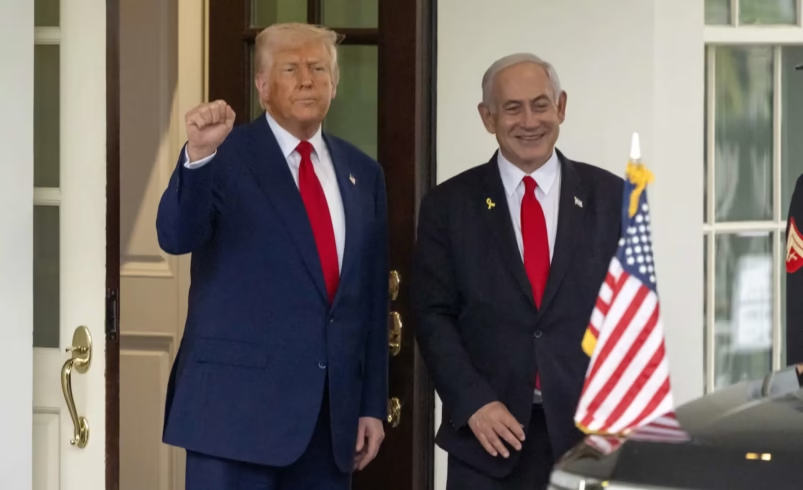Gaza Conflict: Netanyahu’s Political Revival Amid War
- July 12, 2025
- 0

In April 2024, a significant yet discreet moment unfolded when Israeli Prime Minister Benjamin Netanyahu nearly ceased hostilities in Gaza. This development emerged as hostage negotiations showed promise, with an Israeli representative dispatched to Cairo. The diplomatic efforts were facilitated by Egypt and Qatar, who successfully brokered terms for a potential six-week truce. This period marked a critical juncture in the ongoing conflict, with international stakeholders keenly observing the unfolding events.
The involvement of regional powers like Egypt and Qatar underscored the international community’s vested interest in resolving the conflict. Their mediation efforts aimed to create a conducive environment for peace talks, highlighting the importance of diplomatic channels in conflict resolution. The proposed truce was seen as a stepping stone toward broader discussions on a two-state solution, a long-standing objective in Middle Eastern diplomacy.
Saudi Arabia played a pivotal role in this diplomatic landscape, with Crown Prince Mohammed bin Salman reportedly expressing willingness to advance normalization efforts. His communication with US National Security Adviser Jake Sullivan indicated a conditional openness to improved relations, contingent upon Israel’s cessation of hostilities and commitment to peace negotiations. This development signaled potential shifts in regional alliances and diplomatic strategies.
For Netanyahu, the situation presented an opportunity to bolster his political standing. Successfully navigating the complex geopolitical landscape could enhance his domestic and international reputation. The possibility of achieving a ceasefire and advancing peace talks offered Netanyahu a chance to demonstrate leadership and strategic acumen, potentially revitalizing his political career amid ongoing challenges.